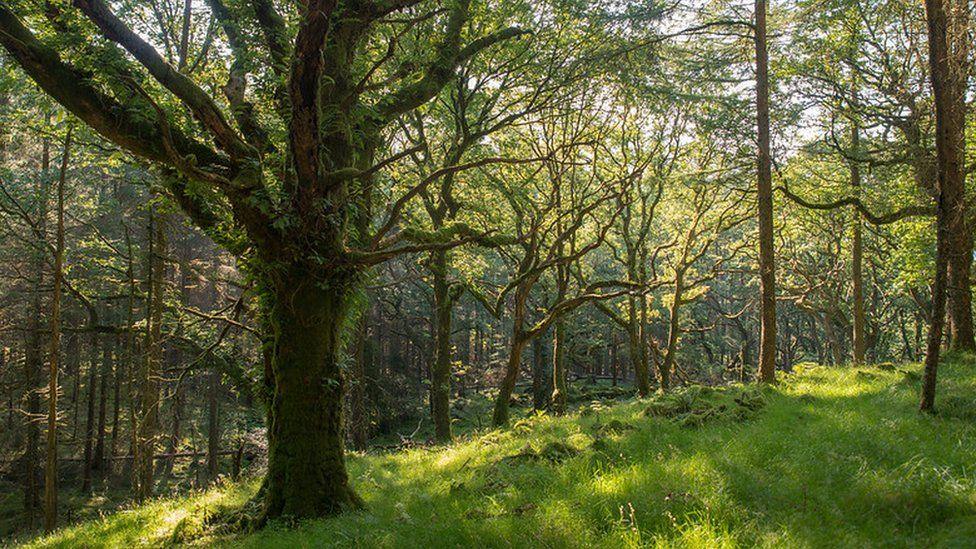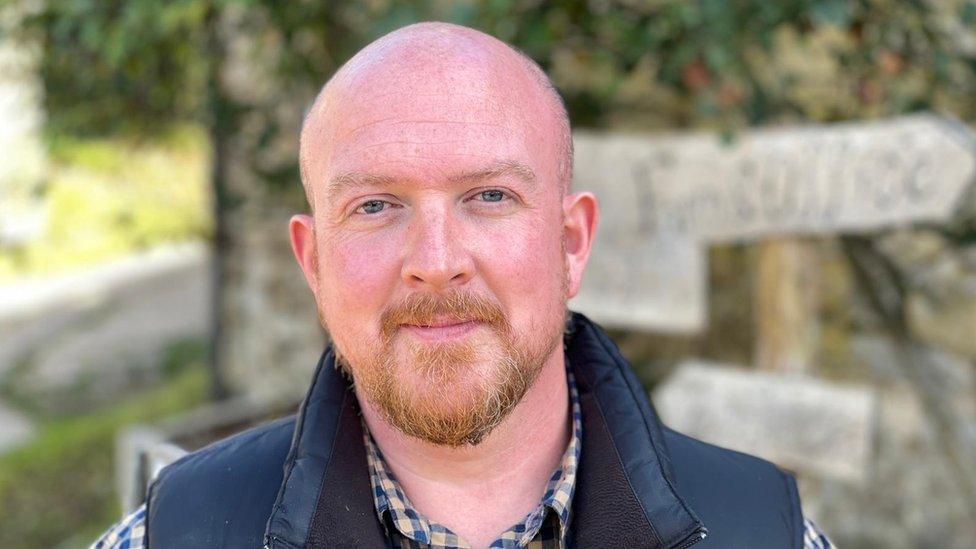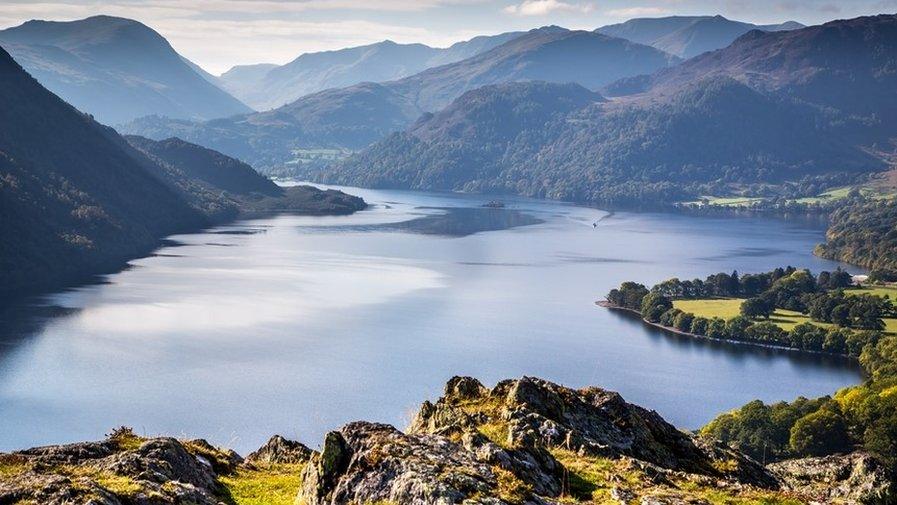Forest of Dean environmental reserve status could restrict Forest customs
- Published

The Forest of Dean is home to a variety of wildlife and ancient woodlands
Becoming an internationally recognised reserve could turn the Forest of Dean into a "climate change-themed Centre Parcs", a councillor has said.
The district council hopes to take on Unesco Biosphere status to protect its natural spaces.
It comes after council chiefs said more than 90% of residents agreed the aims of biospheres are important to them.
But some local councillors are concerned it could lead to restrictions on ancient Forest customs and rights.
Councillor Thom Forester said the way the consultation results were presented to the public was disingenuous to Forest residents adding that "less than 500 people" were surveyed.
'Restrictions on commoning'
He added that he fears the forest would be divided into various land-use zones and Unesco would decide where human activity is permitted and where it is not, according to the Local Democracy Reporting Service.
"Economic activity within the 'reserve' would be tightly restricted, many areas would be deemed 'zero human activity' other than tourism which is of course nonsense from a wildlife or woodland management perspective," he added.
"Restrictions on access to certain parts is also a very real possibility, as is the loss of customary rights like commoning and free-mining, which might be permitted but only in areas Unesco deems suitable."

Biosphere project manager David Trevelyan has previously said it would give local communities "a real voice" in what the future would look like
The main aims of biospheres are conservation, a sustainable economy and promoting learning and education about the local environment.
A spokesperson for Forest of Dean District Council said achieving Biosphere reserve status could bring "economic benefits" to the area, adding it "does not give any authority or ownership of their areas to Unesco".
They said: "They [Unesco] acknowledge how local communities intend to sustainably manage their environment for the good of the local economy and communities."
There are currently more than 700 Biosphere Reserves around the world, with several in the UK, including in North Devon.
The spokesperson added: "More research needs to be carried out together with further public consultation before full council would make a decision as to whether it would support an application or not."

Follow BBC West on Facebook, external, Twitter, external and Instagram, external. Send your story ideas to: bristol@bbc.co.uk , external
Related topics
- Published14 October 2021

- Published8 March 2016
